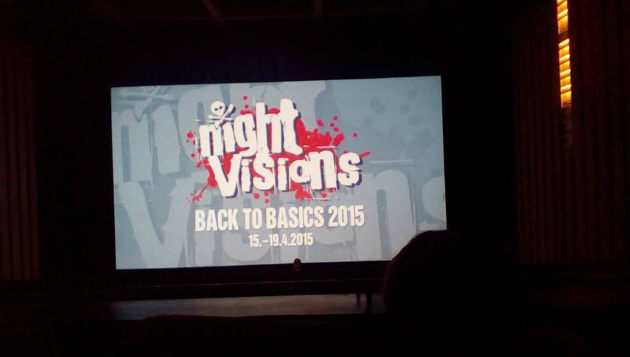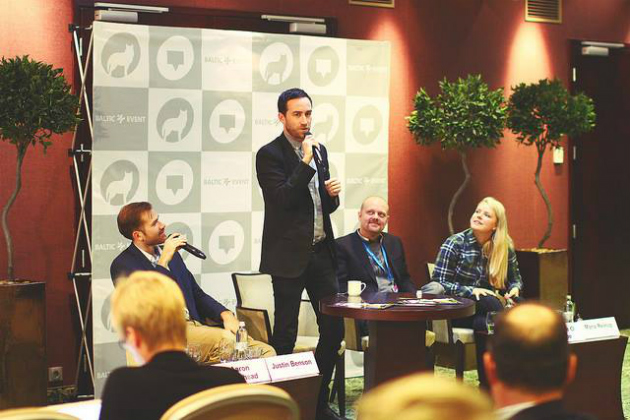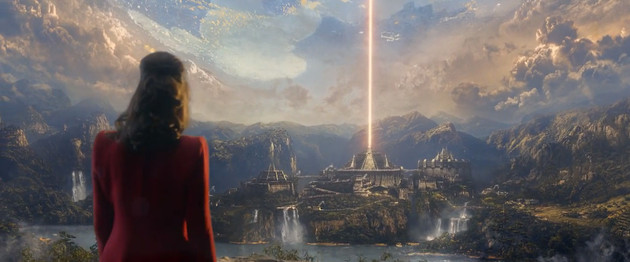Panel: Crowdfunding - Just Another Publicity Stunt?
The Nordic Genre Industry Days continued on a second day with a series of pitch sessions, as well as a panel discussion on crowdfunding.
Annick Mahnert (Screen Division, Paris) moderated, kicking things off by asking the panel members, all producers of films that had successful crowdfunding campaigns, for their perspectives. To what extent had the campaigns been successful? How much work was involved? What should filmmakers contemplating such campaigns know beforehand?
Bendik Heggen Strønstad (Thale and the upcoming Thale 2, among many others): Crowdfunding is a great way to create a fan base and start the marketing for the film. Far more work is involved than might be expected. You have to stay on top of the campaign on a daily basis. Most individuals only contribute when they are reminded, early and often. Funders tend to be hardcore fans, which is a big advantage since they are more likely to help with marketing the film as it nears release.
Michal Kosakowski (German Angst, the upcoming The Glow): Agree that crowdfunding is a lot of work, far beyond preparing and planning the campaign itself. It requires daily nurturing, to give the kind of personal attention expected and demanded by contributor (and potential contributors).
Social media itself is not a fundraising medium, although it draws attention to the crowdfunding. Events give momentum, something where more personal involvement is required. Crowdfunding campaigns are like having a baby that requires attention, care and feeding for 24 hours, every day, for weeks on end.
Tero Kaukomaa (Iron Sky, the upcoming Iron Sky: The Coming Race, and many others): As a veteran producer, he has been accustomed to the idea of crowdfunding long before it became popular; he has been selling merchandise related to his films for about 10 years. Nowadays, without crowdfunding, Iron Sky would not have happened. But crowdfunding is only one part of audience engagement.
Really, crowdfunding is marketing. It's an easy and cheap way to test market the film you want to make. If nobody responds to the campaign, maybe you should take another look at the film itself, or the way that you're presenting it. Perhaps the time is not right for it. Also, it's Important to stay in touch after the crowdfunding campaign concludes; it helps to identify your audience.















